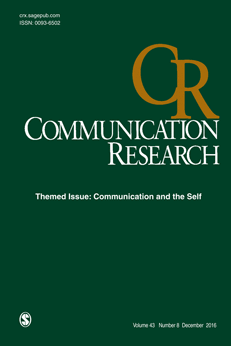 The German Research Foundation (DFG) has announced today that it is withdrawing a professorship it awarded leading diabetes researcher Kathrin Maedler in 2014.
The German Research Foundation (DFG) has announced today that it is withdrawing a professorship it awarded leading diabetes researcher Kathrin Maedler in 2014.
In recent years, Maedler — based at the University of Bremen in Germany — has faced questions about her work, including allegations of duplication and image manipulation. So far, she has issued one retraction, two expressions of concern, and multiple corrections. After an investigation, the University of Bremen concluded last month that Maedler’s work contained several duplications that were the result of negligence, noting there is not enough evidence to support charges of scientific misconduct.
But this hasn’t stopped the DFG from revoking the prestigious Heisenberg professorship it awarded Maedler in 2014. A Google-translated version of statement released by the DFG (in German) today concludes that Maedler did, in fact, commit misconduct, as she
Continue reading Diabetes researcher loses prestigious professorship
 Can playing first-person shooter video games train players to become better marksmen?
Can playing first-person shooter video games train players to become better marksmen? 

 In August, Science told us it was
In August, Science told us it was 
 The University of Tokyo is investigating a 2011 stem cell paper in Cell Cycle, recently retracted over irregularities in four figures.
The University of Tokyo is investigating a 2011 stem cell paper in Cell Cycle, recently retracted over irregularities in four figures.

